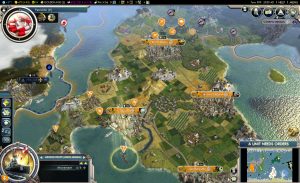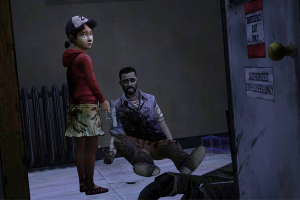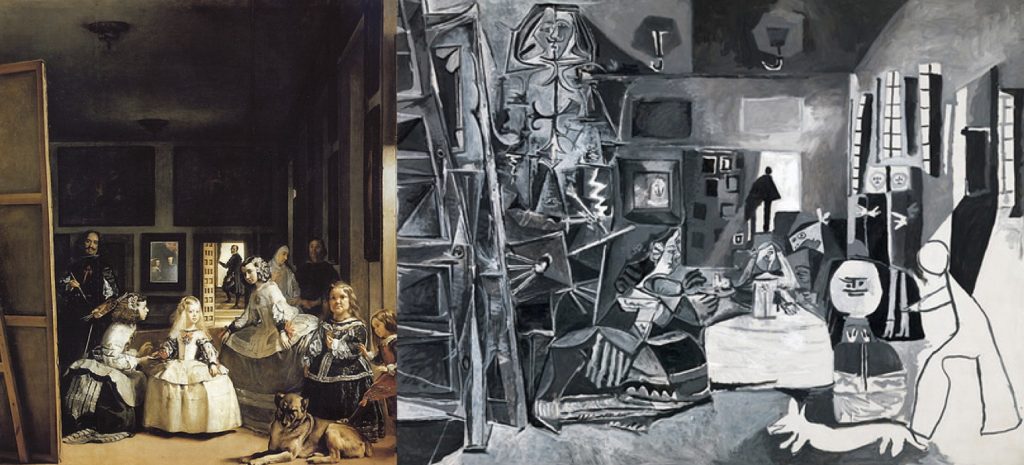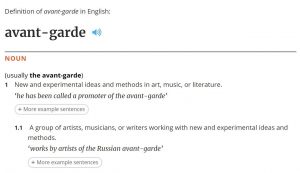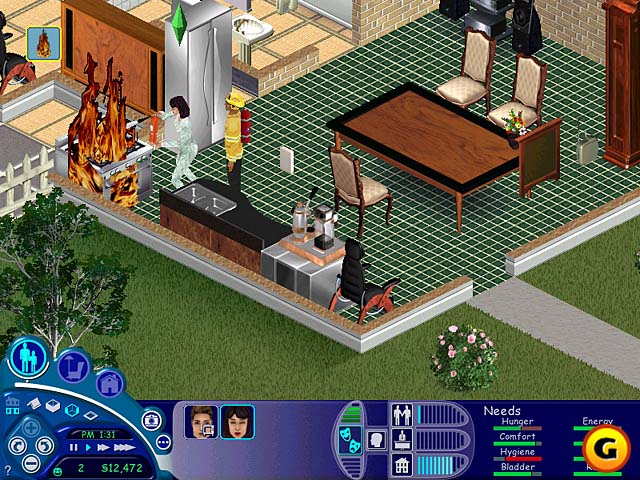HCI
- Select one game of your interest and explain why it has good/bad game UI
Fig1: LeBlanc M. (2014) Twitter
User interface is arguably one of the most important aspects of human computer interaction. Without an interface there would be very little to interact with and so the user’s actions will receive very minimal response if any at all. By this idea every game has some sort of user interface regardless of how simple it still counts. One of my favourite games has a UI that appears anything but simple by first glance but once understood, is one of the most intuitive UI designs I have come across.
Fig2: Messelink R. (2015)
Sid Meier’s Civilisation V is my all-time favourite game and part of a series that I have put easily over 1000 hours into and I would like to think I understand the interface very well. The icons used for each element of the UI make perfect sense once they have been explained. For example the symbol for espionage (top right) looks like the silhouette of a stereotypical spy. This theme is used throughout and symbols always match across assets. Notice the symbol in the top left used to represent a golden age is also used on the tab on the left as the unit selected is a special unit that can begin or extend a golden age. The consistency and logical symbolism of the design is what in my opinion makes it a great UI. Although many feel it is overwhelming to a newcomer I believe it is intuitive and actually simpler to understand than people think.
References
LeBlanc M. (2014) Twitter (https://twitter.com/martinleblanc/status/466638260195041280)
Messelink R. (2015) (http://publichistory.humanities.uva.nl/blog/age-of-empires-in-the-classroom/)
2. Discuss how technology augments human abilities. Reflect upon the implications of the future of HCI
The technology of a standard form controller is enough to allow people to play games provided they are capable of holding and interacting with the controller. There is however a small portion of gamers who are unable to do this and for them gaming at the same standard as an able bodied person seems like an impossibility. Thankfully this no longer has to be the case as technology has been adapted to use many different inputs to allow almost anyone to join in and compete. Special effect have been one of the leading teams developing and implementing this technology into people’s homes allowing the disabled to be as capable as the abled.
I would hope that in the future this technology and HCI as a whole continues to develop as I believe it could have a huge benefit in other fields. I think that the augmentation of human ability is something that has not been explored enough yet to understand what it could become but I hope to see more of it and I think it will have a long and interesting future
References
Special effect: https://www.specialeffect.org.uk/who-we-helped , https://www.specialeffect.org.uk/what-we-do


